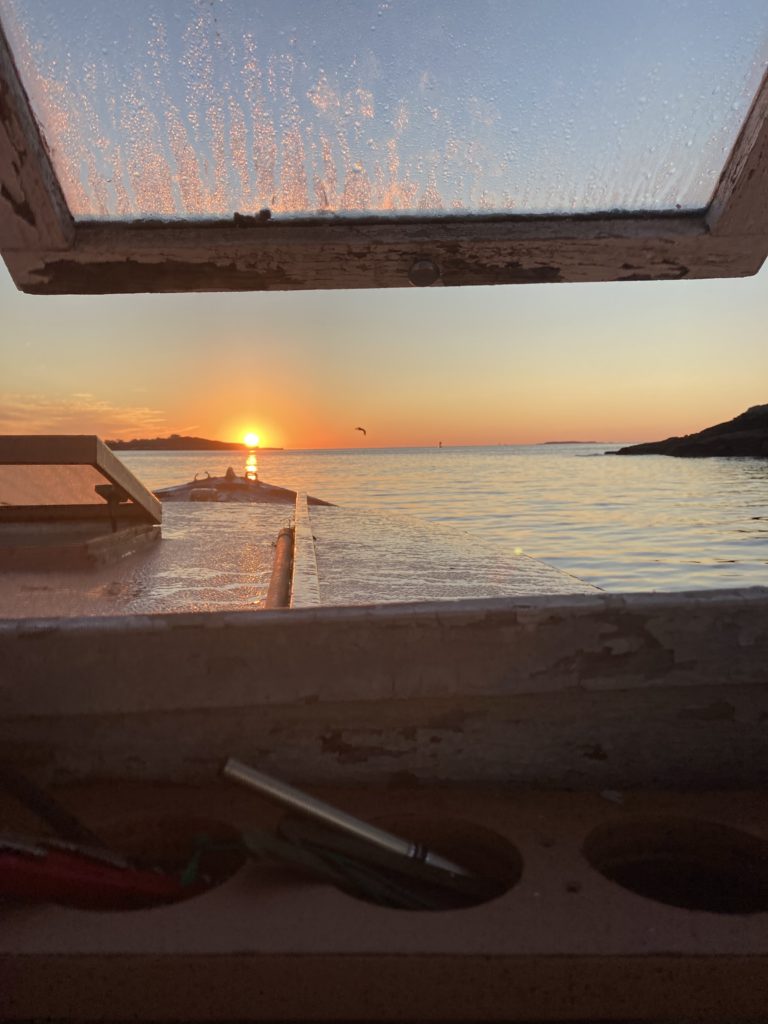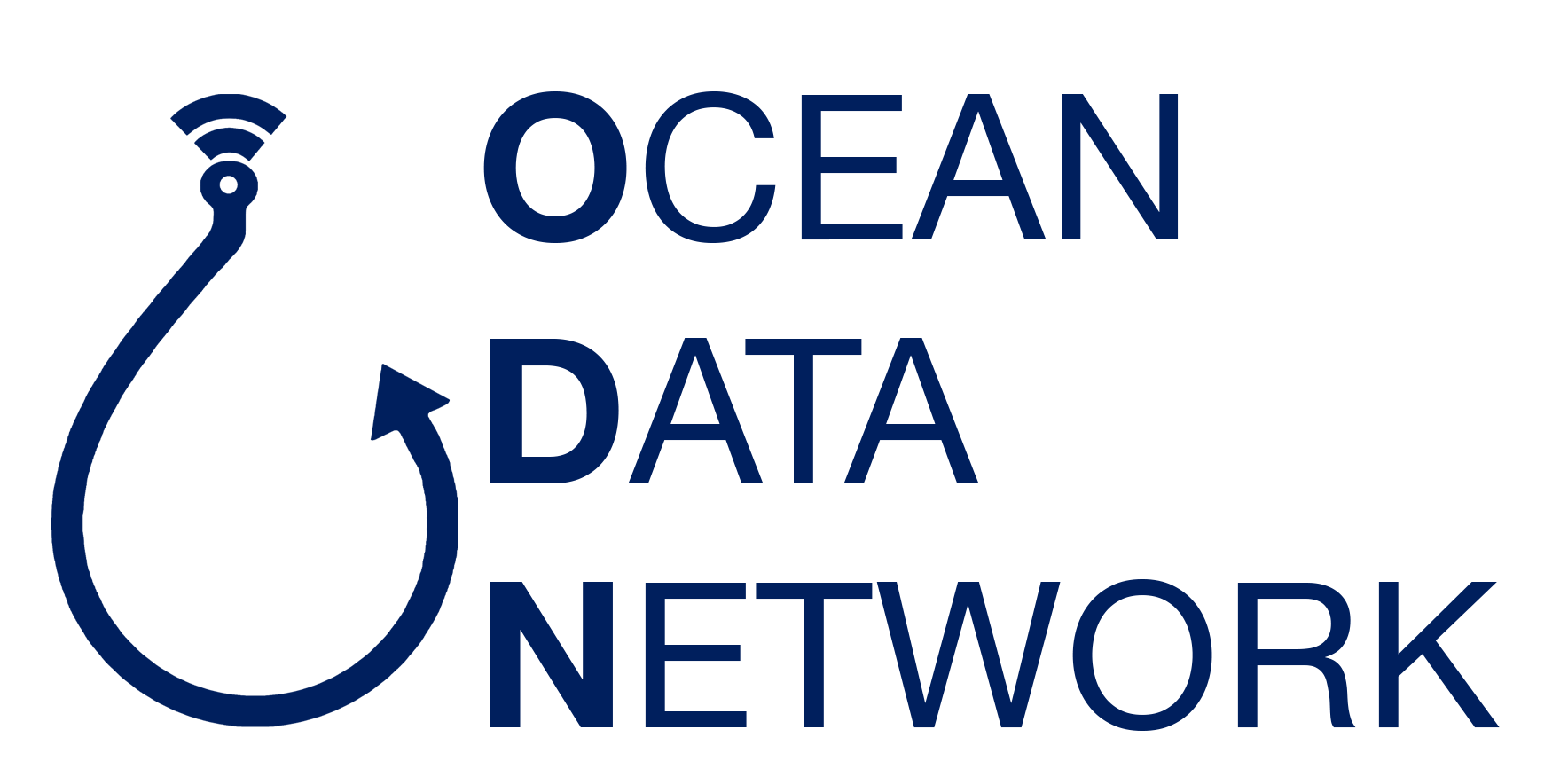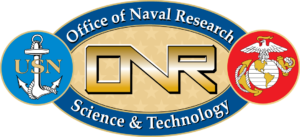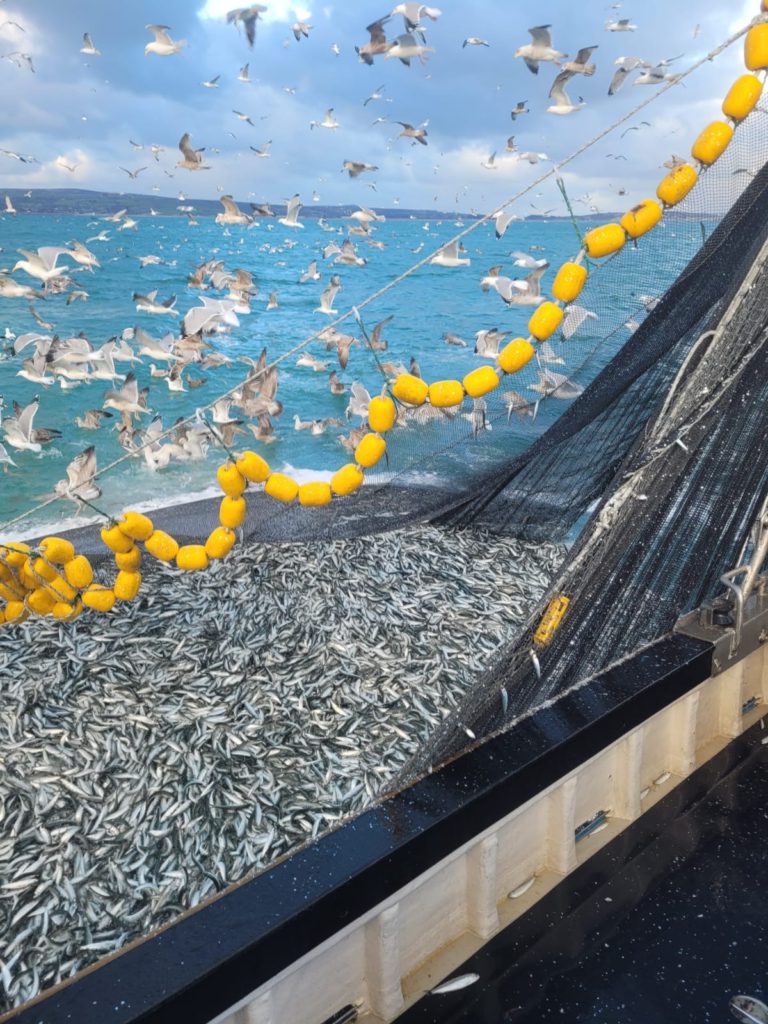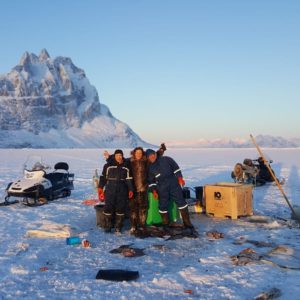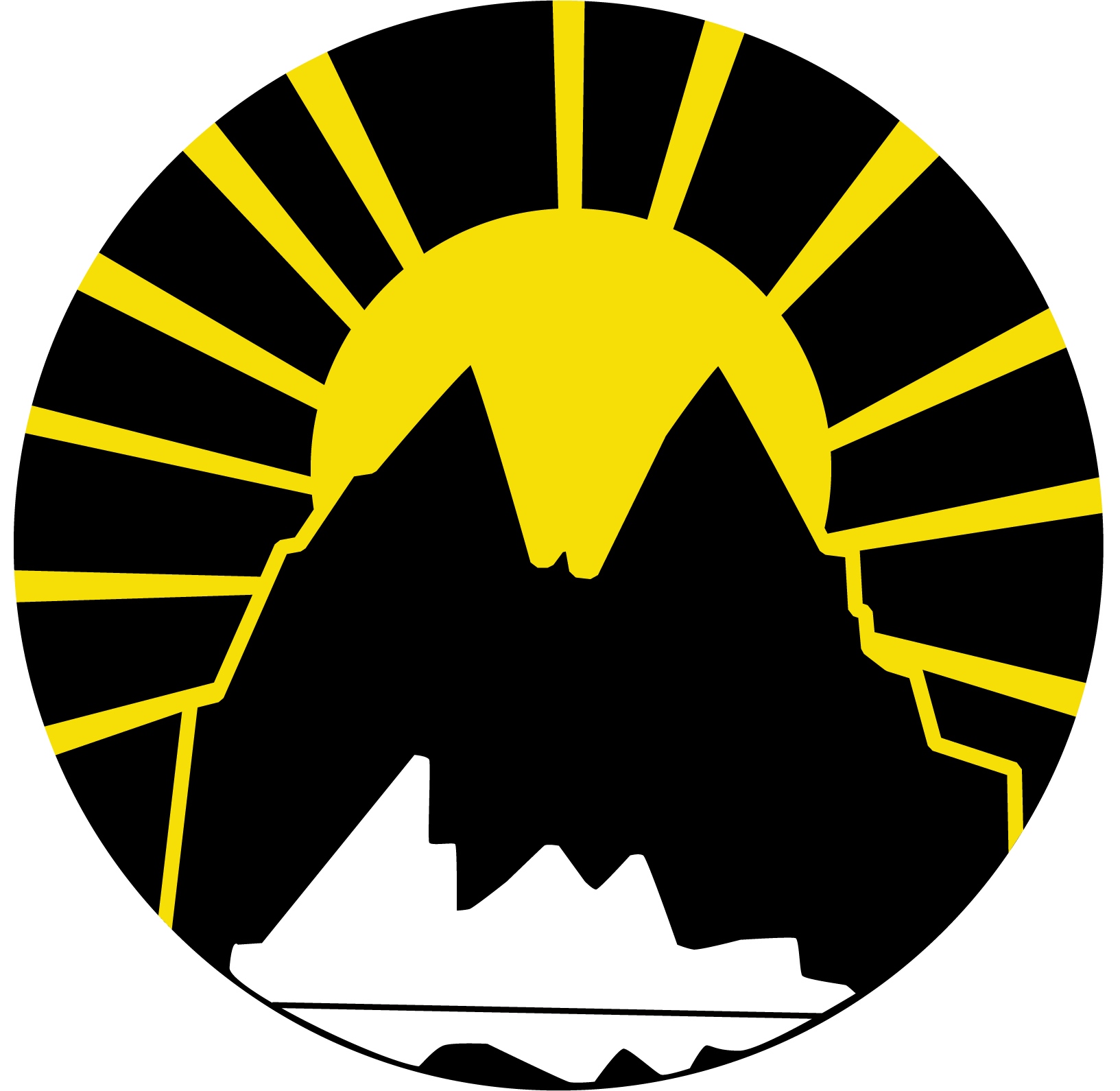Projects
Catching Data in the Mid-Atlantic Bight
ODN is contracted by the Office of Naval Research (ONR) to supply data as part of a Task Force Ocean study area centered on the OOI Pioneer Array located in the Mid-Atlantic Bight. We have a deep sea crab fishing fleet that frequently operates in the area outfitted with temperature/depth profiling sensor systems to fill spacial gaps in the buoy array data coverage. This project highlights our ability to achieve targeted data collection based on specific stakeholder needs. This material is based upon work supported by the U.S. Office of Naval Research under Contract No. N00014-22-P-2003.
Fishing Vessel Ocean Observing Network (FVON)
Bahamas Hurricane Forecasting Improvement Network
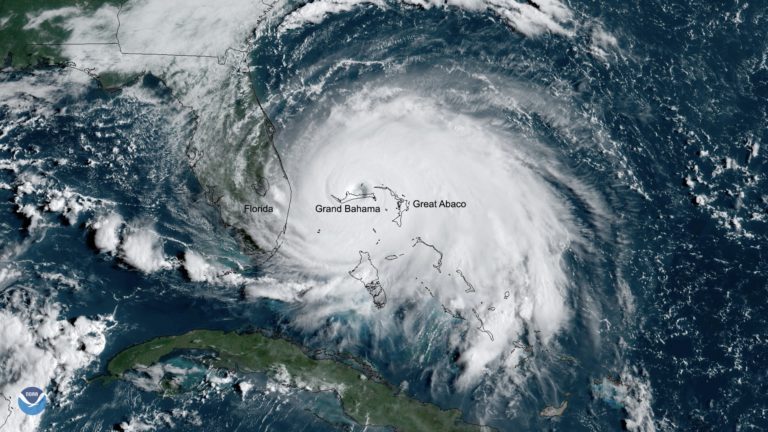
Ghana Pilot Project
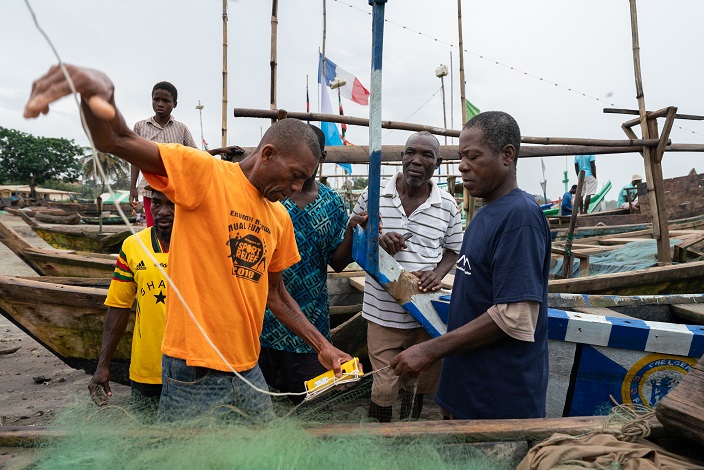
Alaska Marine Conservation Council
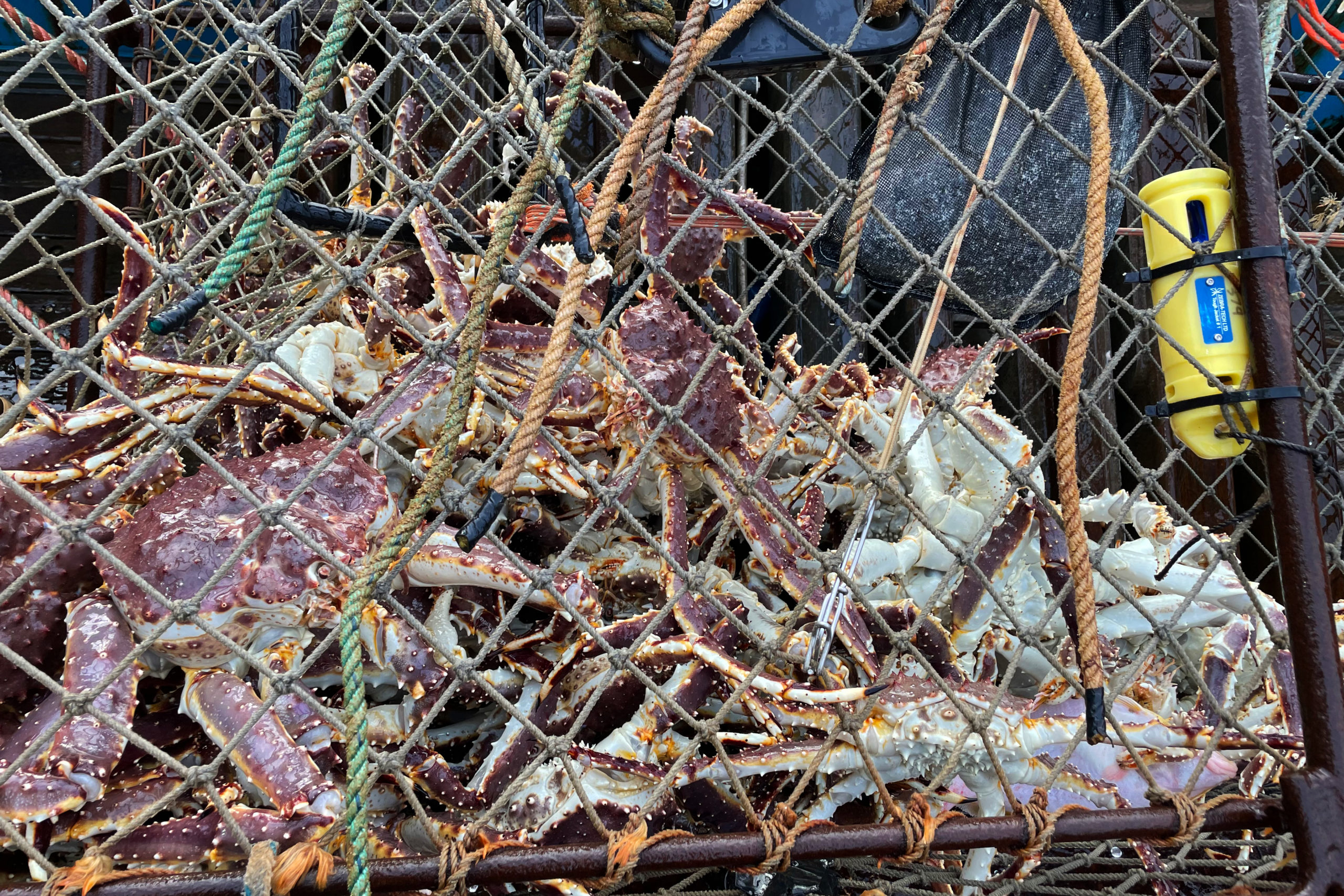
Ocean Data Network provides the equipment, installation service, data management, and data analytics for fisheries research surveys conducted by the Alaska Marine Conservation Council. Most recently we provided our services for a ventless trap survey to investigate the collapse of the Alaskan Red King Crab fishery. A subset of the survey traps were outfitted with our temperature depth data collection system and resulting data sets were compared with catch data to look for clues as to why and where the crabs may be moving.
eMOLT
Environmental monitoring on lobster traps (eMOLT) is a long-running program started by NOAA fisheries and Gulf of Maine Lobster Foundation collecting real time bottom temperature data on fishing gear along the New England coast. ODN aids with software development, data management, and field maintenance/installation.
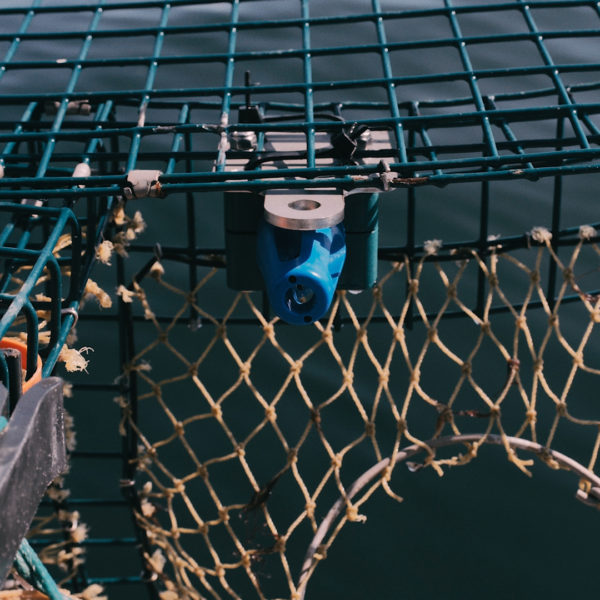
Stonehill College Drifter Program
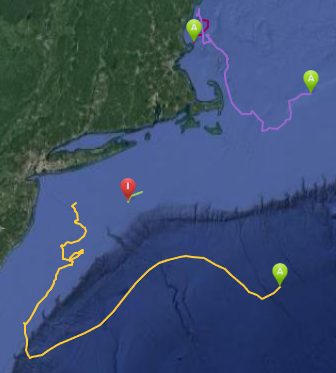
We support the Stonehill College Drifter Program, providing the backend cloud-based data management, quality control, and ERDDAP serving for student-built drifters with a program led by Dr. Kristin Burkholder.
Alaska Trollers Association eLogbook Program
ODN’s latest industry driven project involves running the data management and dissemination for an electronic logbook program based in the southeast Alaska salmon troll fishery. This ambitious program has captains collecting a wide range of biological, chemical, and physical data including catch composition, forage fish species distribution, subsurface temperature, salinity, and many other variables. The data will be delivered to the Alaska Department of Fish & Game and researchers at the University of Alaska to aid in stock assessments and improve understanding of how ecosystem variability impacts fish distributions.
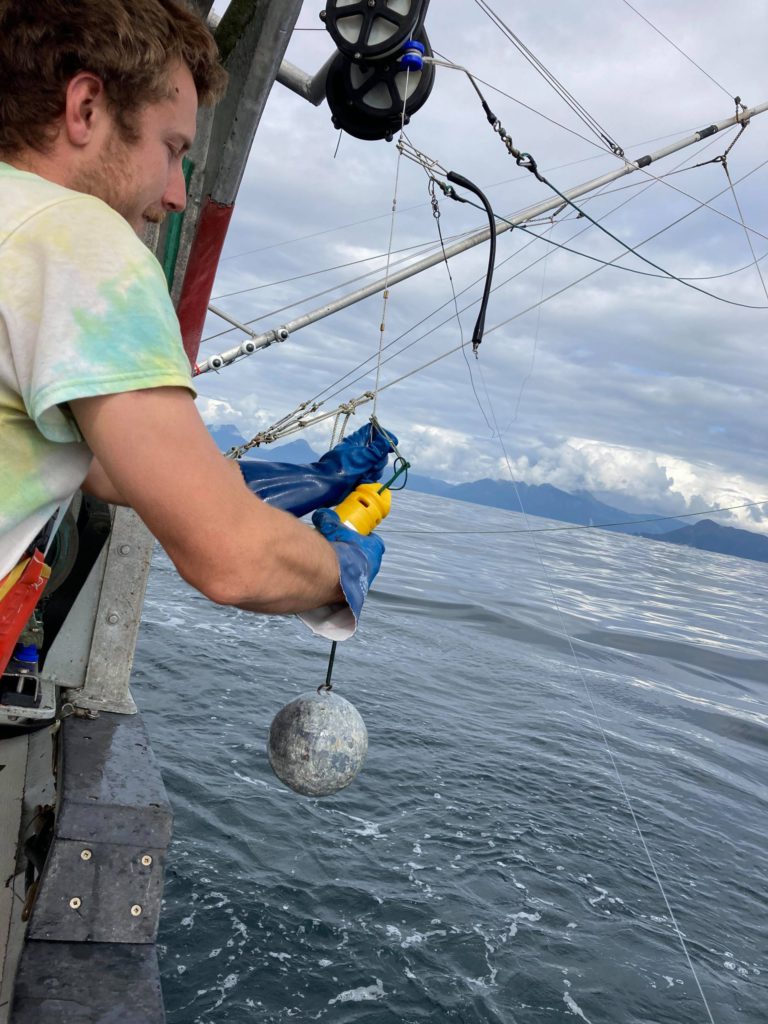
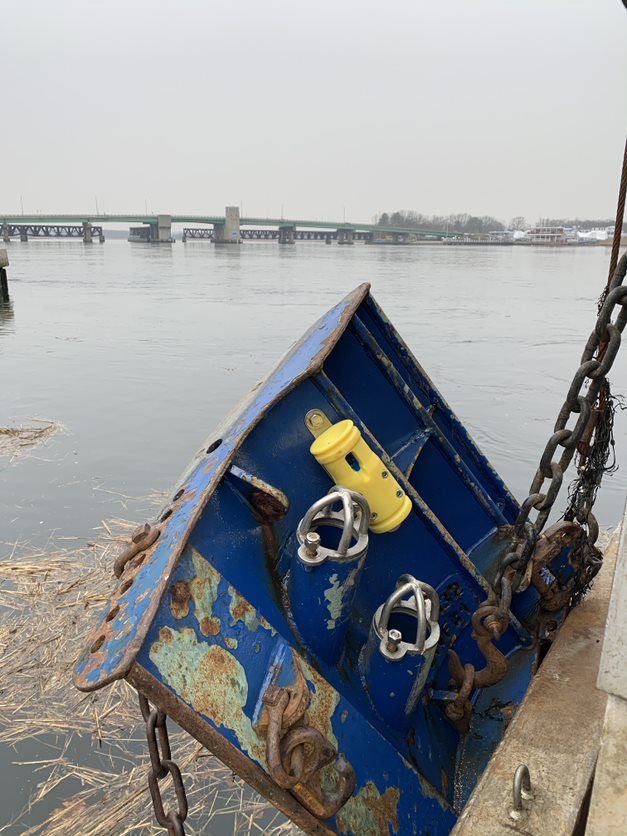
IoT in the Sea
Iot in the Sea is a new project headed up by the Cape Cod Commercial Fishermen’s Alliance outfitting commercial fishing vessels with temperature/depth sensors. ODN is in charge of supplying sensors, creating pilot house data visualization tools, and software development. Visualization tools are tailored to display target species temperature zones to increase fishing efficiency and reduce bycatch. This project is in collaboration with NOAA fisheries, Cape Cod Commercial Fishermen’s Alliance, Gulf of Maine Lobster Foundation, and Lowell Instruments
GoMFWN
Gulf of Maine Fishing Weather Network (GoMFWN) is our current research and development project. We are working on outfitting a network of boats along the coast of Maine with research quality weather stations. The improved offshore forecast accuracy this network provides will increase operational safety and efficiency for all stakeholders working in the Gulf of Maine. This project will provide the GoM with the best maritime weather data coverage in the world and potentially serve as a model for fishing vessel based weather station networks to be established throughout the U.S and around the globe.
